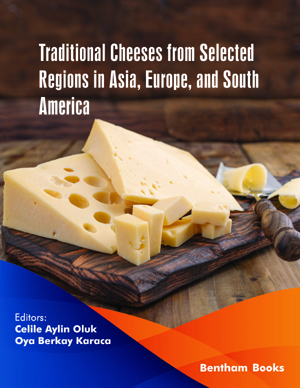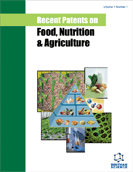Abstract
Cheese is an ancient food whose origins predate recorded history. Traditional cheeses are characterized by strong links to their territory of origin and the culture of the community and considered essential food in the Turkish diet, especially in breakfast for centuries. The mediterranean region of Turkey is quite rich with concerning for traditional cheeses. The objectives of the present review were to introduce traditional cheeses produced in the Mediterranean region of Turkey, to characterize the processing stages of Surk cheese (a kind of moulded herb cheese), Tulum cheese (cheese encased in a skin), Sünme cheese (a semi-hard cheese variety, has a fibered structure and consumed for breakfast), Carra cheese (which means “earthenware jug”, containing mostly black cumin and/or garden thyme), Künefe cheese (fresh unsalted dessert cheese and has melting properties), Hatay Ezme cheese (Leaf or press cheese), Hatay Dil cheese (a string cheese variety with fibrous texture), Isparta Küp cheese, Isparta Dolaz cheese, Burdur Akçakatık cheese (is produced by drying strained yoghurt with or without adding cloves or black cumin), Burdur Keş cheese (is produced by drying of kneaded Cokelek with several aromatic plants and therefore has a special odor and aroma), Adana Lavaş cheese, Karataş Basma cheese with black cumin and Dilim cheese, Hellim cheese and to describe their compositional, chemical, physical, microbiological and sensory characteristics.
Keywords: Manufacturing technology, Mediterranean region, Traditional cheeses, Turkey.



















